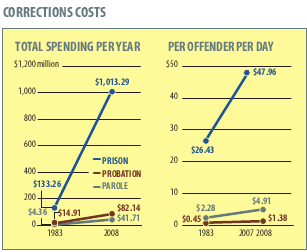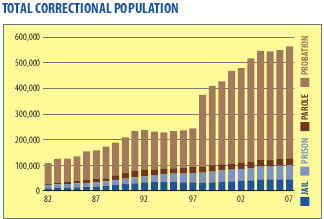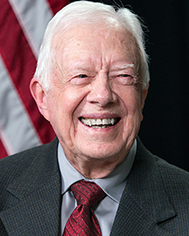Rania Khalek wrote for AlterNet 21 July 2011, 21st-Century Slaves: How Corporations Exploit Prison Labor: In the eyes of the corporation, inmate labor is a brilliant strategy in the eternal quest to maximize profit.
And who are these prison slaves? Continue readingThere is one group of American workers so disenfranchised that corporations are able to get away with paying them wages that rival those of third-world sweatshops. These laborers have been legally stripped of their political, economic and social rights and ultimately relegated to second-class citizens. They are banned from unionizing, violently silenced from speaking out and forced to work for little to no wages. This marginalization renders them practically invisible, as they are kept hidden from society with no available recourse to improve their circumstances or change their plight.
They are the 2.3 million American prisoners locked behind bars where we cannot see or hear them. And they are modern-day slaves of the 21st century.



 That costs us more than a billion dollars a year in tax money,
5.9% of the state budget.
That’s up from $133.26 million in 1983, increased by more than a factor of seven.
That costs us more than a billion dollars a year in tax money,
5.9% of the state budget.
That’s up from $133.26 million in 1983, increased by more than a factor of seven.
 Meanwhile, the correctional population swelled from around 100,000 in 1982 to more
than 550,000 in 2007.
And while other states have started decreasing their prison populations,
Georgia’s
Meanwhile, the correctional population swelled from around 100,000 in 1982 to more
than 550,000 in 2007.
And while other states have started decreasing their prison populations,
Georgia’s 





